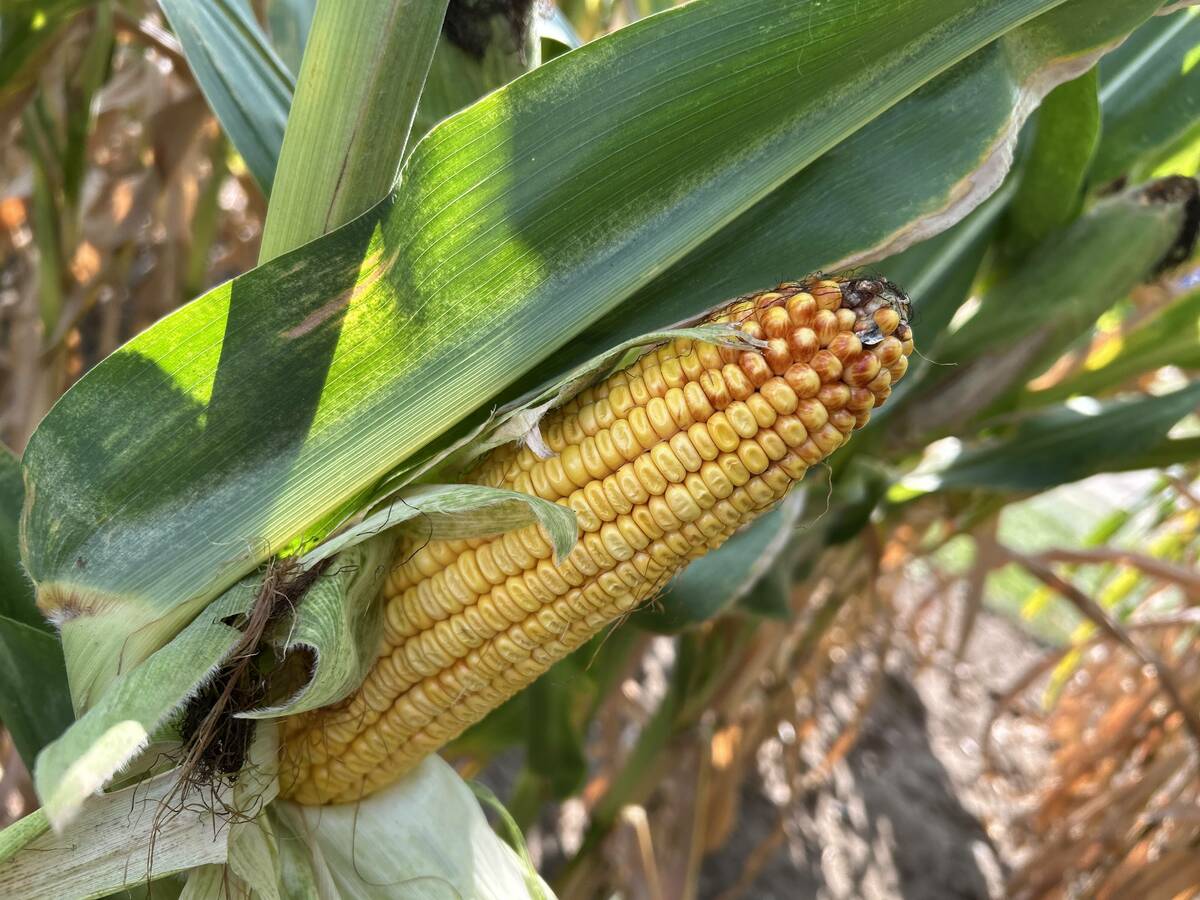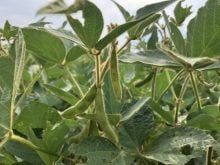TORONTO – A downtown Toronto hotel has taken local food production to new heights.
About 350,000 bees produce 450 pounds of honey a year from rooftop hives on the 14th floor of the Fairmont Royal York. The honey is used in the hotel’s restaurants.
The hives are set against the backdrop of the CN Tower, skyscrapers and the harbour front and share the roof with an adjacent herb garden that provides fresh seasonings, edible flowers and spices for chefs during the growing season.
Read Also

Crop estimates show mixed results
Model-based estimates used by Statistics Canada showed the 2025/26 crop year has seen increases in canola, corn for grain, oats and lentils production while seeing dips in spring wheat, durum wheat, soybeans and barley in comparison to 2024/25.
Royal York executive chef David Garcelon said both sites teach his staff how food is grown and how it can be produced locally.
“My apprentices are learning not everything comes in a truck,” he said.
The honey, harvested twice a growing season from hives dubbed the V.I. Bee suite and the Honey Moon suite, satisfies the lion’s share of the hotel’s needs.
Garden planting is staggered to provide fresh greens throughout the season.
Garcelon grows seasonings from chives to mint, as well as rhubarb, alpine strawberry plants, lettuce and tomatoes. He hopes to add fig trees.
“It can be served within minutes of it being picked. It’s a great story to tell,” he said.
The hotel offers regular tours for staff and the public, with most people surprised to learn that a garden and apiary are possible in the heart of the city.
The bees can fly up to five kilo-metres in search of plants and flowers and can produce as much as 900 of the 1,000 lb. of honey that the hotel requires.
The amount of honey produced every year depends on weather and the voracity of hives.
Six composting bins handle garden waste, which is mixed into the soil beds with manure.
Garcelon said problems have included aphids on plants, which were managed with soapy water, and the loss of two of the six hives, which was likely the result of an incorrect feed mixture delivered in the fall while trying to build up the bees’ stores for overwintering.
A Toronto beekeeper co-operative helps hotel staff check on the wellbeing of the hives, and a beekeeper provides instruction and expertise when needed.
Fairmont also buys from a 100 kilometre food group, which represents local farmers and provides a list of what’s available each week. Other ingredients come from regional and Canadian sources.
Beef on the menu comes from Spring Creek Ranch near Vegreville, Alta., where waste is converted to biodiesel to fuel the ranch.
“As a company, we are committed to sourcing local and sustainable whenever possible,” said Garcelon.
“I think our customers want to have a unique dining experience.”














